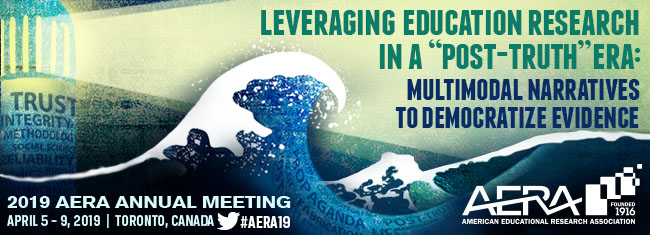At the 2019 American Educational Research Association (AERA) annual conference, researchers from the Faculty Survey of Student Engagement (FSSE) discussed findings related to LGBQ+ faculty.
Most research on queerness in higher education focuses on students. Quantitative studies of LGBQ+ faculty are often limited, dated, small-scale, or hard to find. The research that does exist suggests LGBQ+ faculty and staff can feel uncomfortable at their institutions, unsafe, and unable to live their authentic lives. In hopes to continue the discussion and broadly understand LGBQ+ faculty the research paper* sought to address:
- Who are today's LGBQ+ faculty?
- At what kinds of institutions are LGBQ+ faculty employed?
- How are LGBQ+ faculty contributing to undergraduate education?
The study used data from five years of FSSE administration (2014-2018) with nearly 50,000 respondents representing over 400 institutions. Five-percent of the respondents identified as LGBQ+. A series of chi-square analyses were used to compare LGBQ+ faculty to their non-LGBQ+ colleagues to answer the research questions, yielding the following results:
- LGBQ+ faculty are found more in the arts and humanities, social sciences and communication fields. In comparison to colleagues, they are also more likely to be assistant/associate ranks, on the tenure track, and younger than 44 years of age.
- LGBQ+ faculty were identified more often at baccalaureate arts & sciences and doctoral highest research institutions. Additionally, they more often at public, very large (10k+ enrollment), and the far West or mid-East regions.
- LGBQ+ faculty perceive they emphasize reflective and integrative learning and discussions with diverse others in the classroom more than their peers. They also spend more hours per week on service and research in comparison to their peers.
It was refreshing to see that LGBQ+ faculty exist virtually everywhere--that is, they are represented in all disciplines and types of institutions. Yet, there is still work for institutions as many faculty hold multiple identities that can compound adversity. It is important to support the whole faculty to assure the success of their contributions to academe.
*You can view the full paper with all the results and the conference presentation online. Contact us at fsse@indiana.edu or @NSSEsurvey for any questions.


